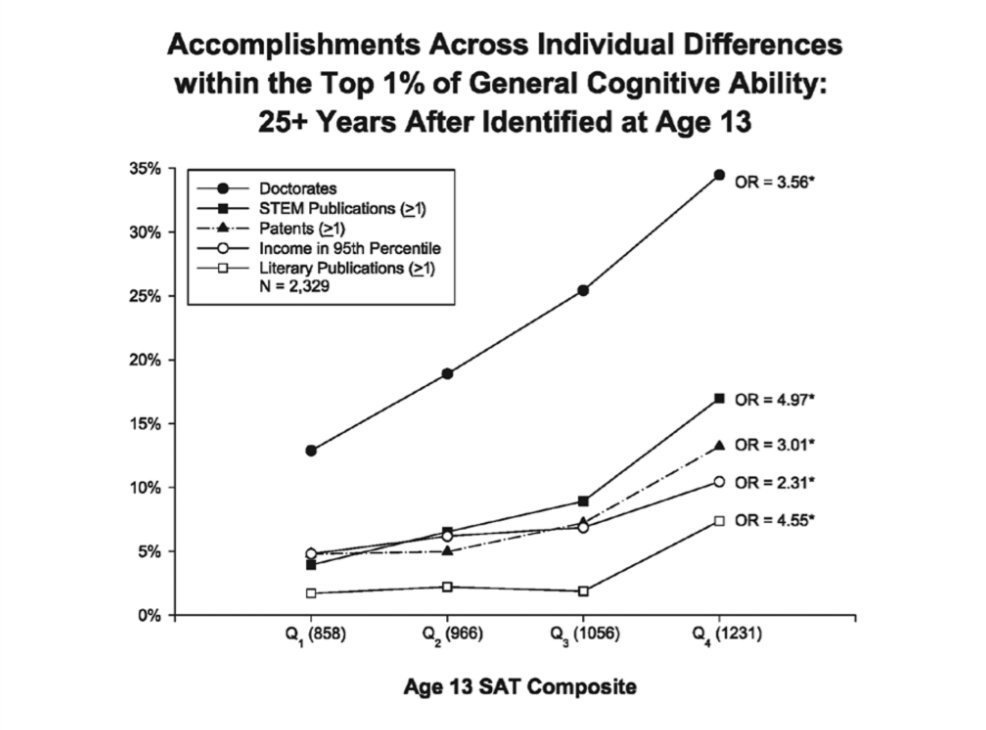Snake_Baker
The one true King of the North
- Apr 24, 2013
- 81,024
- 153,169
- AFL Club
- North Melbourne
- Other Teams
- Essendon Lawn Bowls Club
- Banned
- #76
The IQ/race issue has also seen the hordes of humanities fraudsters pour an ocean of dismissal all over it, as it doesn't sit well in the fluffy woo-woo universe.
There is excellent replicated data supporting IQ testing and beneficial traits in life.
There is excellent replicated data supporting IQ testing and beneficial traits in life.






